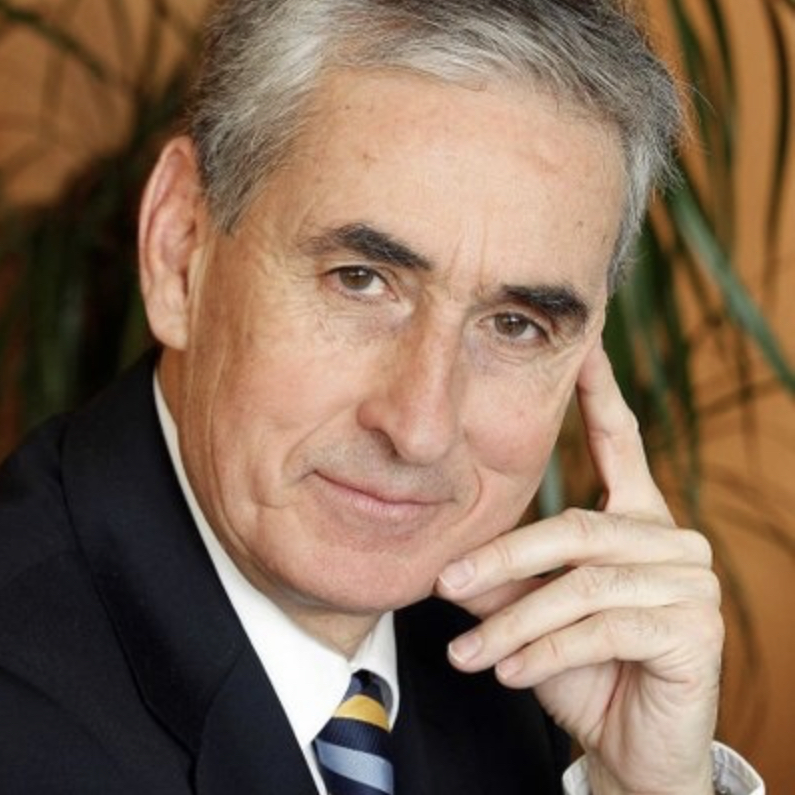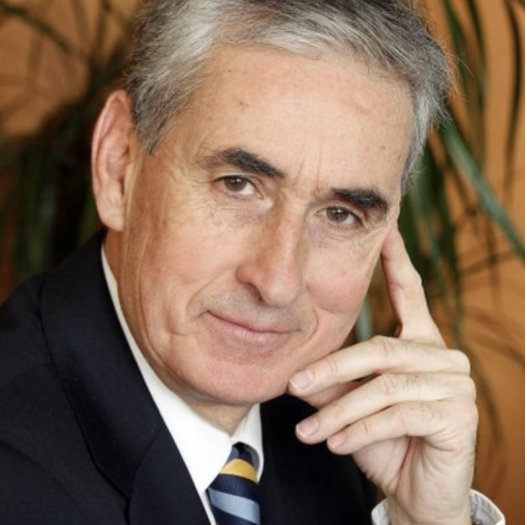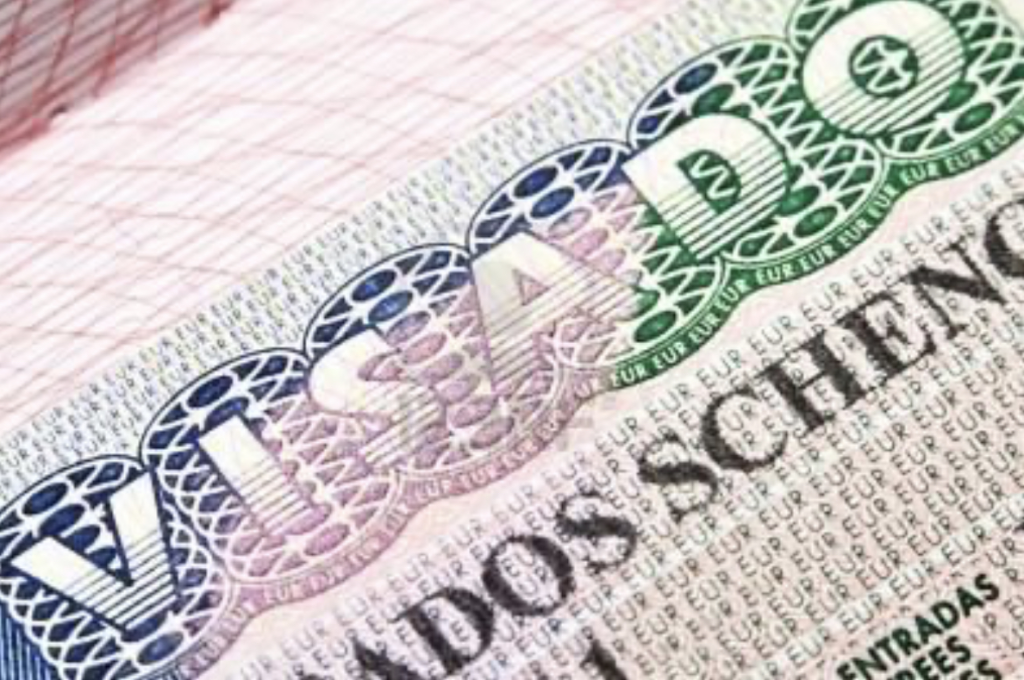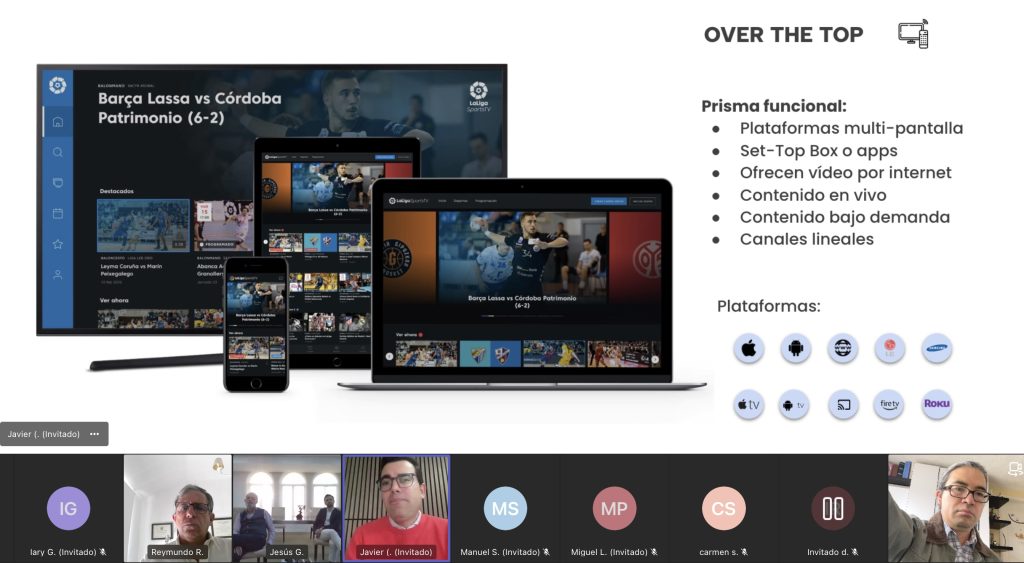RAMÓN JÁUREGUI
EU-CELAC: THE UNKNOWNS OF UNCERTAIN NAVIGATION

“…and now that we must set sail
and catch the winds of destiny
wherever they take the ship.”
– Edgar Lee Masters
No one denies the success of the EU-CELAC Summit last July. Because it was held after eight years of suspension, because both attendances and absences were very well compensated and because the resolutions adopted gave the impression that in Latin America and Europe the will to strengthen this strategic alliance that we forged more than twenty years ago was reborn.
But we all also agree that the summit was only a beginning, a new start for an Alliance that, in recent times, we had cooled or devalued. The agreements reached are only a port of departure, but there is still navigation and the culmination of a journey that will certainly not be easy. Let us see why.
One of the commitments undertaken is to recover the political dialogue between the two regions on the major issues on the international agenda and to bring positions closer together on the board on the events that cross our geopolitical reality day after day. We are at the end of 2023, almost six months have passed since the Summit and we are far from making progress on this commitment.
It is good that the Foreign Ministers meet annually and, of course, it is even better that there is a commitment to hold the next Summit in 2025, foreseeably in Colombia, because all this gives institutional continuity to this commitment to resume our political dialogue. But it seems much more complex to put into practice the creation of a permanent dialogue body to maintain the dialogue systematically and in a sufficiently representative manner.
I begin by attributing the first responsibility to Europe. I am among those who believe that Europe must listen more and better to Latin America and the Caribbean, that we must know and understand that many of its interests do not strictly coincide with ours, despite our basic convergence of values, principles and aspirations in the international order. Europe must offer Latin American countries the strength of common action at the tables of global governance, the joint defense of very important positions for the two regions: climate change, international financing, justice and fiscal transparency, international trade, etc. But these common positions must always be the result of a mutual attitude of respect, knowledge, understanding and consensus. But, on the other hand, are Latin America and the Caribbean ready for this common platform, do they want to join forces on the issues on which we agree, and how can we do it?
On the part of the European Union, the External Service (EEAS) is unique and represents the twenty-seven States that make up the Union. But who represents Latin America and the Caribbean and how? Moreover, are all Latin American countries interested in this common dialogue body? I ask these questions provocatively because I am aware of the difficulties for the gestation of this body by a pro-tempore presidency of CELAC without sufficient capacity for action and because I know the coldness with which some of the large Latin American countries are facing this objective.
I therefore conclude by saying that the political dialogue that underpins our Alliance calls for the establishment of a permanent body to maintain contact, to make our dialogue fluid, to build new consensus between the two regions, to make us stronger, more influential, less dependent and more autonomous in a dangerously polarized and adverse international scenario. But it is urgent to set it up.
The second major agreement stemmed from the Business Round Table, held on the morning of July 17, in the presence of Mrs. Von der Leyen, President of the European Commission, President Lula of Brazil and President Sanchez of Spain, and its continuation at the meeting of EU and CELAC economic ministers held in Santiago de Compostela on September 15. It is the launch of a Global Gateway Program agenda, endowed with forty-five billion euros to stimulate European investments in Latin America and the Caribbean in the coming years and is based on a list (indicative and evolving) of investment projects, country by country, in three main areas: digital transformation, the fight against climate change and investments to meet the needs of social inclusion and basic services.
But although the agenda is a great work of approximation to the investment needs in the region and has been elaborated “bottom-up”, in agreement with many of the local and regional authorities, we are only facing a list of projects and a promise of financial support. For its implementation, much remains to be done.
First of all, the European business community needs to be made aware of and committed to the initiative. The level of awareness of this initiative is still very basic and important business alliances will also be necessary in order to offer concrete investment proposals and, if necessary, to win the international tenders that may arise.
It is also necessary to know the specific framework of financial aid available in Europe to favor these projects and investments. Let us not forget that we are talking about part of the funds coming from cooperation and this poses a delicate analysis because cooperation agencies and organizations look with reasonable suspicion at the use of these funds for economic initiatives, which in most cases generate development or directly solve social, health or educational needs, but which in many other cases may have a more indirect relationship with the causes of cooperation.
The participation of multilateral development banks will of course increase the efficiency of these investments, but it will be necessary for European and Latin American countries to increase their institutional and financial participation in them to make possible a greater volume of financing for these projects. Something similar must be said of the European Investment Bank, whose rate of investment in Latin America is, unfortunately, still very poor in relation to its financial action in other continents, especially Africa.
Por último, será necesario que los gobiernos latinoamericanos piloten y encaucen la implementación de estos proyectos. Ello supondrá un alto grado de coordinación con autoridades locales y regionales y, por supuesto, la gestación de alianzas público- privadas con las empresas adjudicatarias con un serio y amplio compromiso por conseguir que esas inversiones sean generadoras de tecnología y de valor añadido para el país, superando la vieja y odiosa concepción extractivista de algunas inversiones en épocas anteriores. En definitiva se trata de que las empresas europeas asuman compromisos en el desarrollo de los países en los que operen y trasladen así las mejores condiciones sociolaborales y medioambientales para los trabajadores y para el país.
Es importante destacar que en el ámbito digital y en el ámbito energético, América Latina tiene enormes posibilidades y las coincidencias o convergencias con los intereses económicos y necesidades estratégicas europeas pueden ser muy importantes. A su vez , el modelo regulatorio europeo en todos esos ámbitos, alcanzaría una capacidad de influencia más amplia y poderosa.
En definitiva se trata de poner en común y coordinar a muchos actores en el ámbito financiero, económico y empresarial, pero también en el ámbito político con las instituciones correspondientes, que permitan llevar a cabo esa tarea para el desarrollo económico y social de América Latina. El éxito del ambicioso plan Global Gateway, va a depender por tanto de que seamos capaces de poner a trabajar a toda una serie de actores, desde los gobiernos latinoamericanos a las empresas europeas, pasando por el sistema financiero internacional, para que el desarrollo digital ecológico y social de América Latina en los próximos años, se produzca en términos de cooperación y de beneficio mutuo para nuestras dos regiones y fortalecer así nuestra Alianza estratégica.
Ramón Jáuregui es el presidente de la Fundación Euroamérica.
Este texto es de libre uso.



